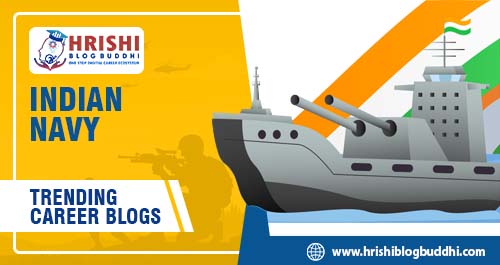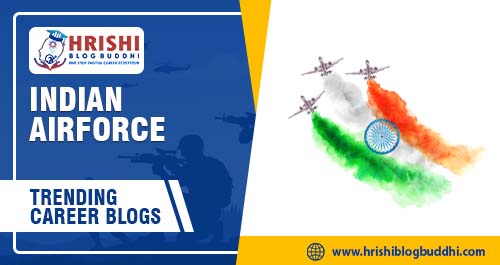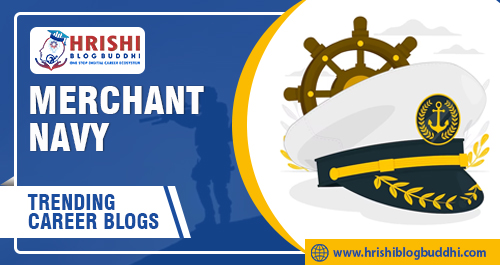| 1. Indian Naval Academy (INA), Ezhimala, Kerala | The Indian Naval Academy (INA) located in Ezhimala, Kerala, is the premier institution for training officers of the Indian Navy. It offers a comprehensive four-year Bachelor of Technology (BTech) program in Naval Architecture and Ocean Engineering. Cadets undergo rigorous academic, physical, and leadership training to develop the skills necessary for leadership roles in the Navy. The curriculum includes naval science, engineering, seamanship, and military studies, preparing graduates to serve as competent and effective Naval Officers. |
| 2. National Defence Academy (NDA), Khadakwasla, Pune | The National Defence Academy (NDA) situated in Khadakwasla, Pune, is a premier tri-service military training institution that prepares cadets for commissioning into the Indian Armed Forces, including the Navy. NDA offers a three-year training program followed by one year of specialized training at the respective service academies. Cadets undergo holistic development in academics, military training, and physical fitness, instilling leadership qualities and professional competence required for a successful career in the Navy. |
| 3. Naval Officers Training Academy (NOTA), Chennai, Tamil Nadu | The Naval Officers Training Academy (NOTA) located in Chennai, Tamil Nadu, is dedicated to training officer candidates for the Indian Navy. NOTA offers a rigorous training program focused on character development, leadership, and professional competence. Cadets undergo intensive academic studies, military training, and practical seamanship exercises to prepare for roles as commissioned officers in the Navy. NOTA instills core values of honor, courage, and commitment, shaping cadets into capable and ethical leaders ready to serve the nation at sea. |
| 4. Indian Naval Shipwright School (INSS), Visakhapatnam, Andhra Pradesh | The Indian Naval Shipwright School (INSS) situated in Visakhapatnam, Andhra Pradesh, is a premier institution for training technical officers in naval architecture and shipbuilding. INSS offers specialized courses in naval construction, marine engineering, and shipyard management. Cadets receive hands-on training in ship design, construction techniques, and project management, preparing them for roles in shipbuilding, repair, and maintenance in the Indian Navy. INSS graduates play a crucial role in ensuring the operational readiness and sustainability of naval fleets. |
| 5. Indian Naval Ship (INS) Shivaji, Lonavala, Maharashtra | Indian Naval Ship (INS) Shivaji located in Lonavala, Maharashtra, is a premier technical training establishment of the Indian Navy. It offers specialized courses in engineering disciplines such as mechanical, electrical, and marine engineering. Cadets undergo comprehensive training in engine maintenance, propulsion systems, and shipboard operations. INS Shivaji emphasizes hands-on learning and practical skill development, preparing cadets for technical roles onboard ships, submarines, and shore establishments in the Indian Navy. |
| 6. Indian Naval Maritime Academy (INMA), Mumbai, Maharashtra | The Indian Naval Maritime Academy (INMA) situated in Mumbai, Maharashtra, is a leading institution for training merchant navy officers and maritime professionals. INMA offers courses in navigation, marine engineering, maritime law, and safety management. Cadets undergo rigorous training in shipboard operations, cargo handling, and emergency response procedures. INMA collaborates with shipping companies and regulatory agencies to provide industry-relevant training and certification, preparing cadets for successful careers in the merchant navy and maritime sector. |
| 7. Naval Physical and Oceanographic Laboratory (NPOL), Kochi, Kerala | The Naval Physical and Oceanographic Laboratory (NPOL) located in Kochi, Kerala, is a premier research institution of the Indian Navy. NPOL conducts research and development in areas such as underwater acoustics, oceanography, and marine technology. Cadets have the opportunity to engage in cutting-edge research projects, technology development, and scientific experiments related to naval operations and maritime security. NPOL provides valuable insights and technical expertise to support Navy’s missions in underwater warfare, surveillance, and environmental monitoring. |






